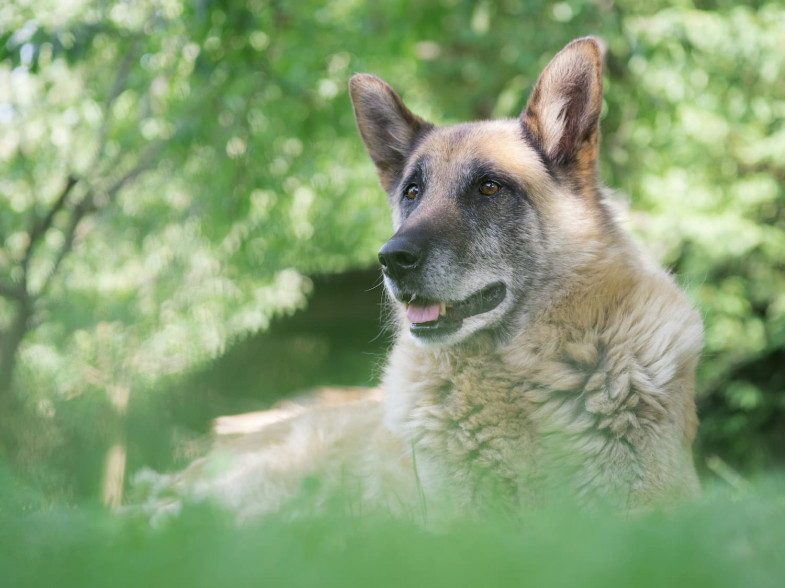Turner Veterinary Clinic News
The Busy Holiday Season: Making Time for Your Pets

The holidays are full of sparkle, laughter, travel, and to-do lists a mile long. As joyful as this season can be, it often means busier schedules and less time for everyday routines. In the middle of the holiday rush, it's easy to overlook one very important family member: your pet.
7 Health Tips Every Senior Pet Parent Should Know

If you're lucky enough to have a senior pet, you know just how special that bond becomes over time. From cozy afternoons on the couch to the look in their eyes that says, "I've known you forever," there’s a deep and quiet understanding between you. As pets get older, though, their needs change. Aging isn’t a disease, but it does require us to adapt how we care for our beloved companions.
The good news? With the right care and attention, senior pets can enjoy happy, healthy golden years. Here are seven simple but meaningful health tips to help your older dog or cat feel their best.
Is Your Pet Experiencing Pain? Here are Some Signs You Might Be Missing

Has your dog seemed a little more reserved lately, or is your cat less interested in playing with their favorite toys? It can be easy to attribute these changes to aging or mood, but pets are experts at hiding discomfort. The good news is that there are plenty of subtle signals that can provide clues that your pet may be experiencing pain, and many treatment options to help alleviate this discomfort.
Categories
Recent Posts

As much as you and your children might enjoy Halloween, this particular holiday
can be a stressful one for pets. They don’t understand why you have decorations
and carved pumpkins with candles in them around the house and naturally feel
curious enough to investigate. Your dog or cat may end up swallowing something
inedible or even starting a fire by knocking over a candle. These are just two of
several Halloween safety concerns to keep in mind. Turner Veterinary Clinic
wants to provide the following safety tips to help keep your pets safe and happy
during the month of October.
- Fifteen human years by the end of the first year
- An additional nine human years for the second year
- An additional five human years for each year thereafter
Acute moist dermatitis, more commonly known as hot spots, occurs due to a bacterial infection on your pet’s skin. Your dog or cat will naturally bite, chew, lick or scratch his skin in response to an irritant. Unfortunately for your pet, this tends to increase rather than decrease his discomfort. Anal gland disease, allergies to fleas or food ingredients, mange, tick bites, and inadequate grooming are the primary causes of hot spots in companion animals.
Hot, humid weather can cause excess skin moisture that in turn causes hot spots to develop. It’s especially important to check your pet’s skin for evidence of hot spots now that the weather is consistently warm.